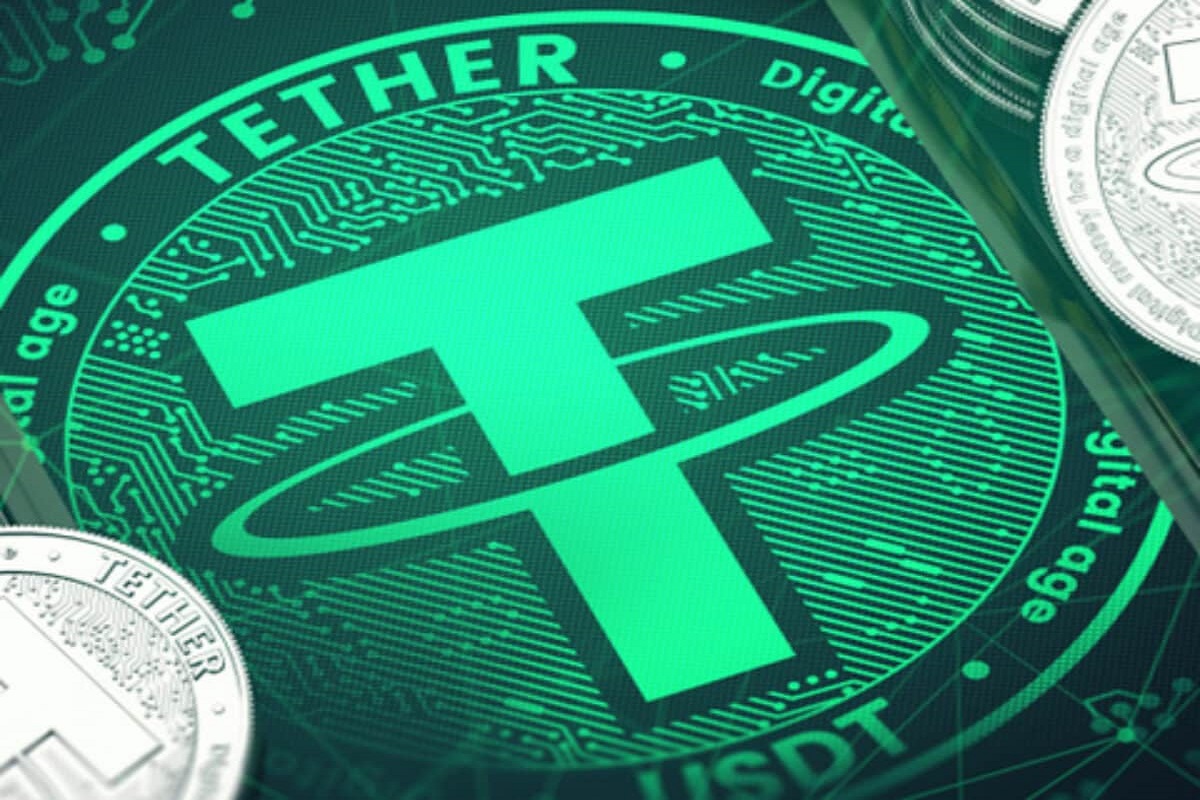At the recent DC Fintech Week, Tether’s CEO, Paolo Ardoino, emphasized the need for sensible crypto regulations in the United States. During a remote presentation, Ardoino discussed Tether’s proactive engagement with global regulators and its commitment to compliance.
The stablecoin issuer CEO highlighted the importance of developing regulatory frameworks that foster innovation while ensuring consumer protection.
Tether CEO Urges US to Adopt Fair Crypto Regulations
In his appearance via video link at DC Fintech Week, Tether’s CEO, Paolo Ardoino, expressed optimism that the U.S. will soon introduce clear and effective regulations. He stressed that these regulations should ensure the protection of end users while allowing stablecoin innovations to flourish.
More so, Tether’s CEO pointed out that despite being Italian, he has seen the US lead the technological developments over the years. He emphasized,
“I think it’s very, very important that sensible crypto regulations and stablecoin regulations will come to fruition in a way that will protect the end users.”
Ardoino added that these regulations would allow stablecoins like USDT to be a “lifeline” for people in countries facing economic challenges.
Additionally, the Tether CEO said that the U.S. holds a crucial role in the global financial system. According to him, balanced crypto regulations could enhance stability in the market. He expressed confidence that regulatory frameworks in the U.S. will emerge to support both innovation and consumer safeguards.
Cooperation With Law Enforcement
During his presentation, Ardoino highlighted Tether’s cooperation with law enforcement agencies in 45 countries, including the FBI and the U.S. Secret Service. He noted that Tether has strengthened its compliance over the years, moving past its earlier reputation for resistance to regulatory oversight.
Ardoino remarked, citing its engagements in numerous countries,
“It would be difficult to find another financial firm that matches the level of law-enforcement cooperation and number of agency relationships that Tether has.”
He also pointed out that Tether’s proactive stance on compliance is backed by a 104% over-collateralized reserve, with 84% of its assets held in U.S. Treasuries. This, he argued, makes Tether highly resilient during periods of redemptions, stating that the company survived billions in redemptions in 2022, “a type of pressure that almost no bank was able to survive.”
The USDT company is exploring lending to commodities traders, aiming to provide quicker, easier access to capital compared to traditional banks. This new service could impact global commodity trading by offering faster settlements and fewer regulatory hurdles.
Doubling Down on Transparency and Communication
Ardoino emphasized that Tether is “doubling down” on transparency and communication. Acknowledging past criticism regarding Tether’s lack of transparency, particularly around its reserve backing, Ardoino reaffirmed the company’s commitment to improving its disclosures.
He stressed that Tether’s strategy now focuses on demonstrating that the company’s financial health is solid, with significant U.S. Treasury holdings ensuring liquidity.
“We are purchasing immense quantities of U.S. debt,” Ardoino stated, underscoring Tether’s role in providing access to U.S. dollar-based assets for emerging markets. He noted that Tether aims to expose these markets to “the best currency in the world” through its stablecoin offerings.
In addition, Congressman French Hill, speaking at the same event, provided insight into the legislative prospects for crypto regulations. Hill, who chairs the crypto panel in the House Financial Services Committee, suggested that the “lame duck” session may offer a window for advancing stablecoin and crypto legislation.
He mentioned that a gap in the defense spending package might allow financial services legislation to progress. However, he noted the legislative outcome could depend on the 2024 U.S. presidential election results.
If legislation does not pass this year, Hill said that crypto regulations would likely become a priority for 2025, especially if there are changes in leadership on the House Financial Services Committee. He added that regulations would remain a focus, with potential shifts based on the election outcome.
Disclaimer: The presented content may include the personal opinion of the author and is subject to market condition. Do your market research before investing in cryptocurrencies. The author or the publication does not hold any responsibility for your personal financial loss.

Leave a Reply